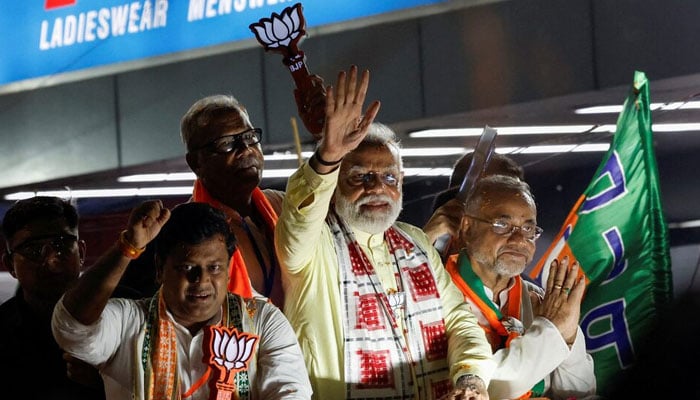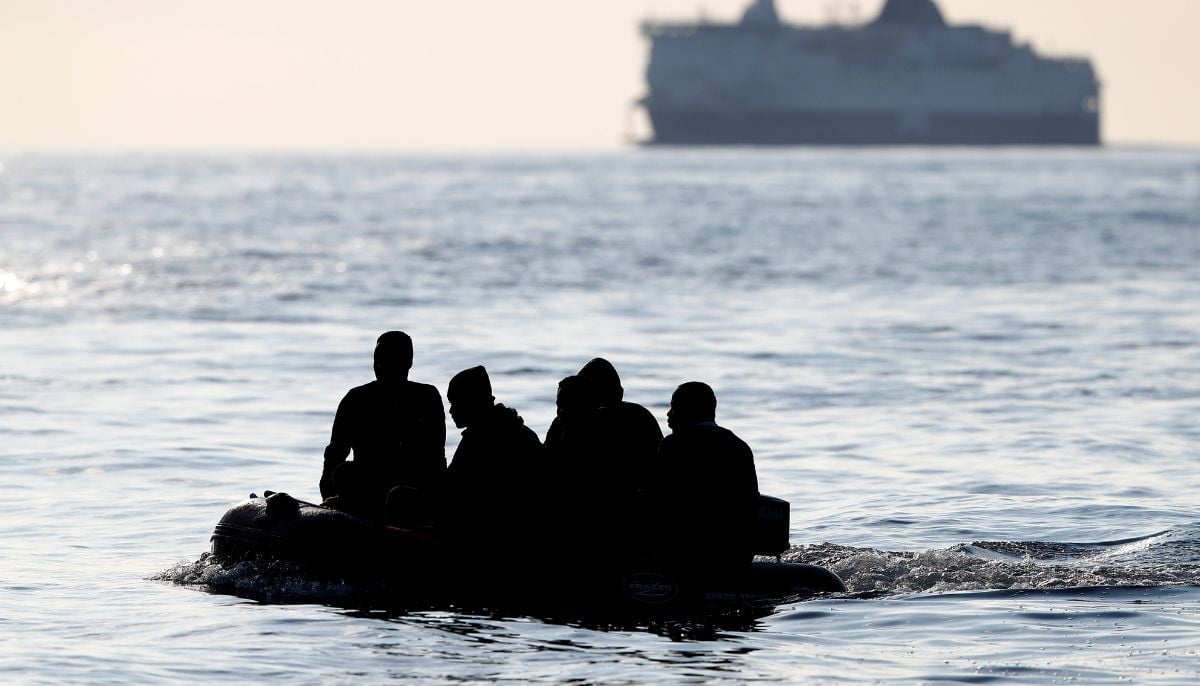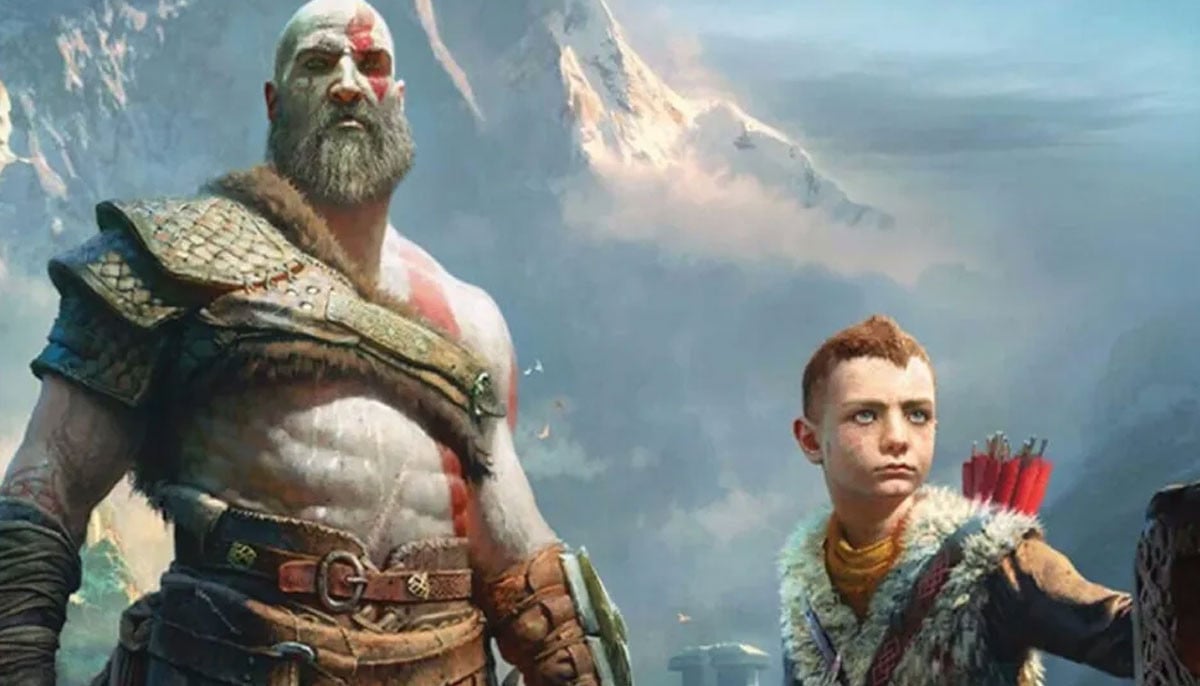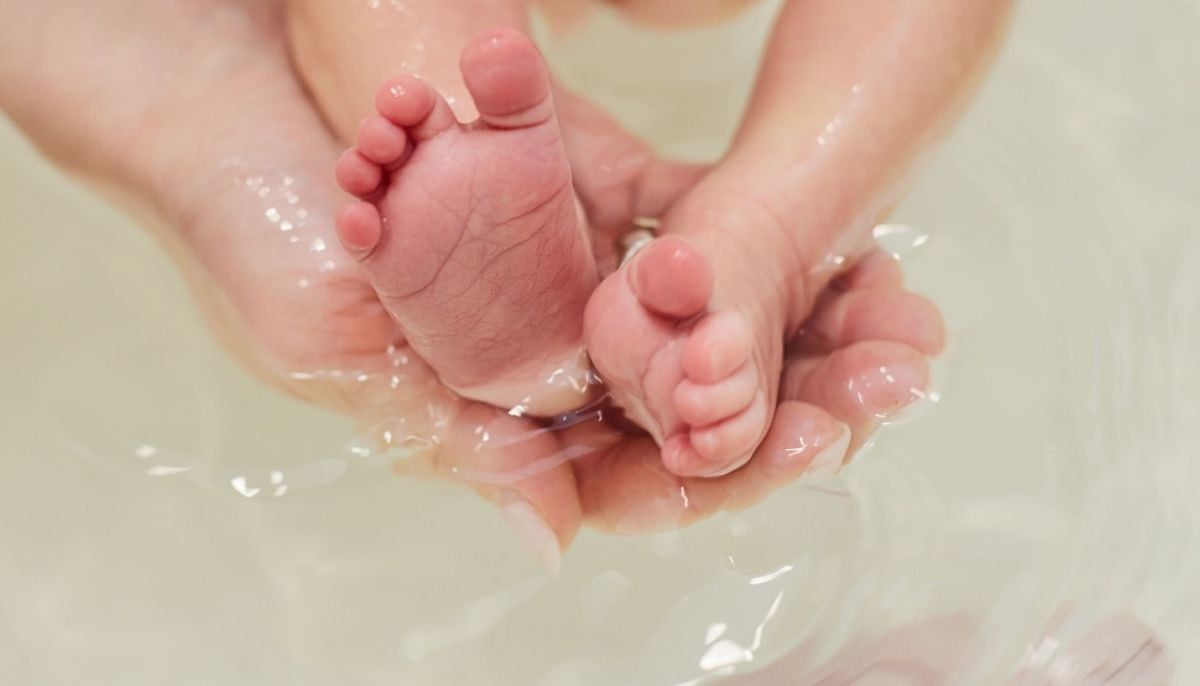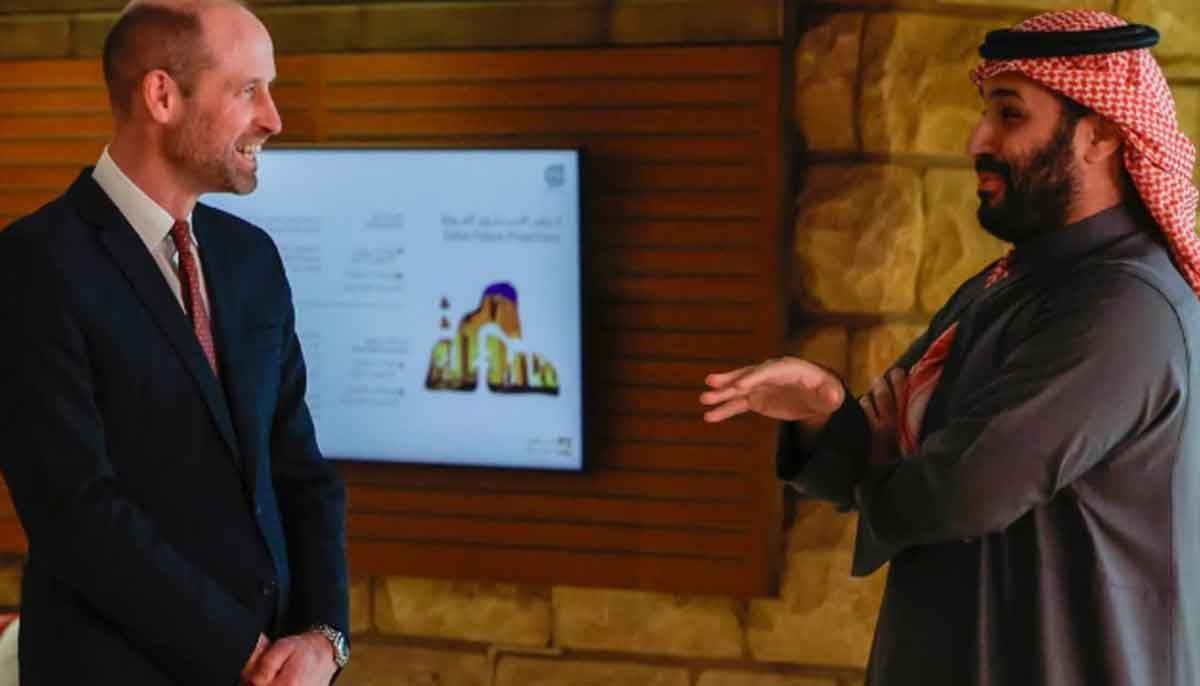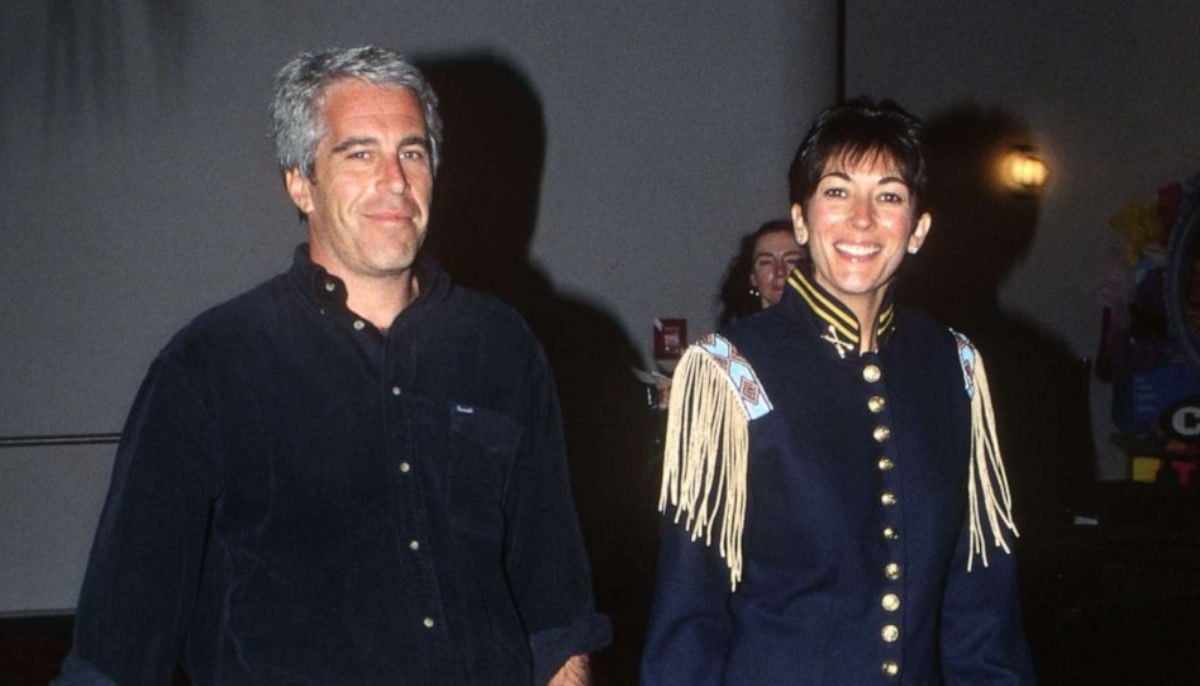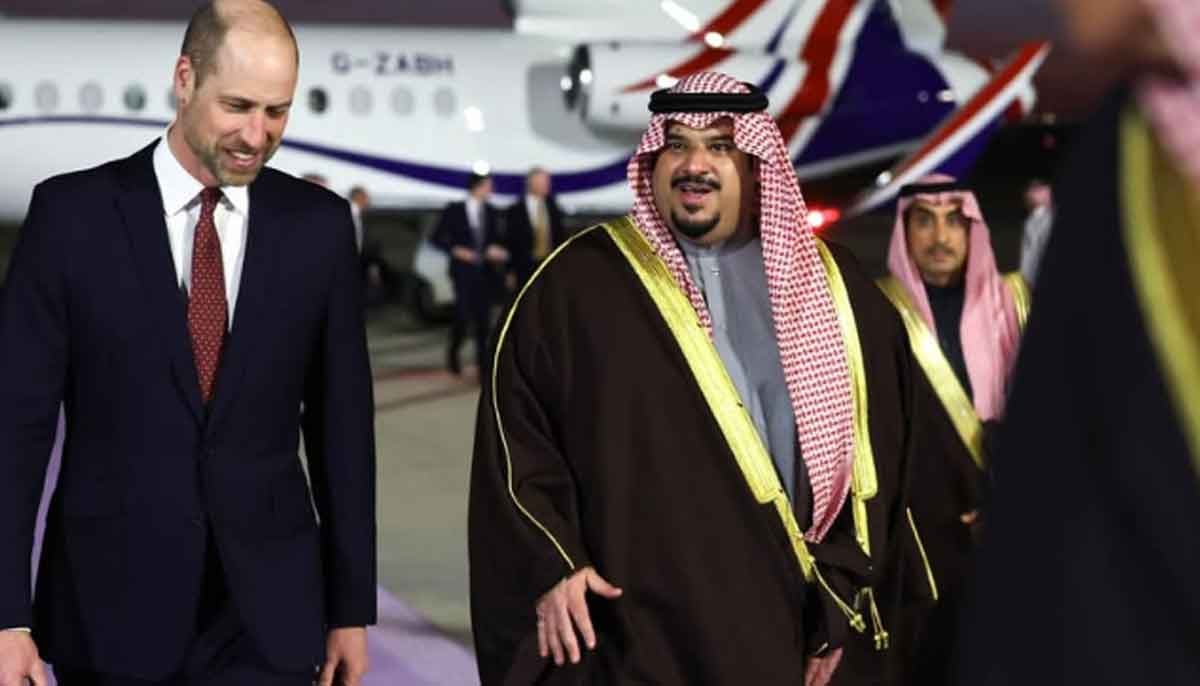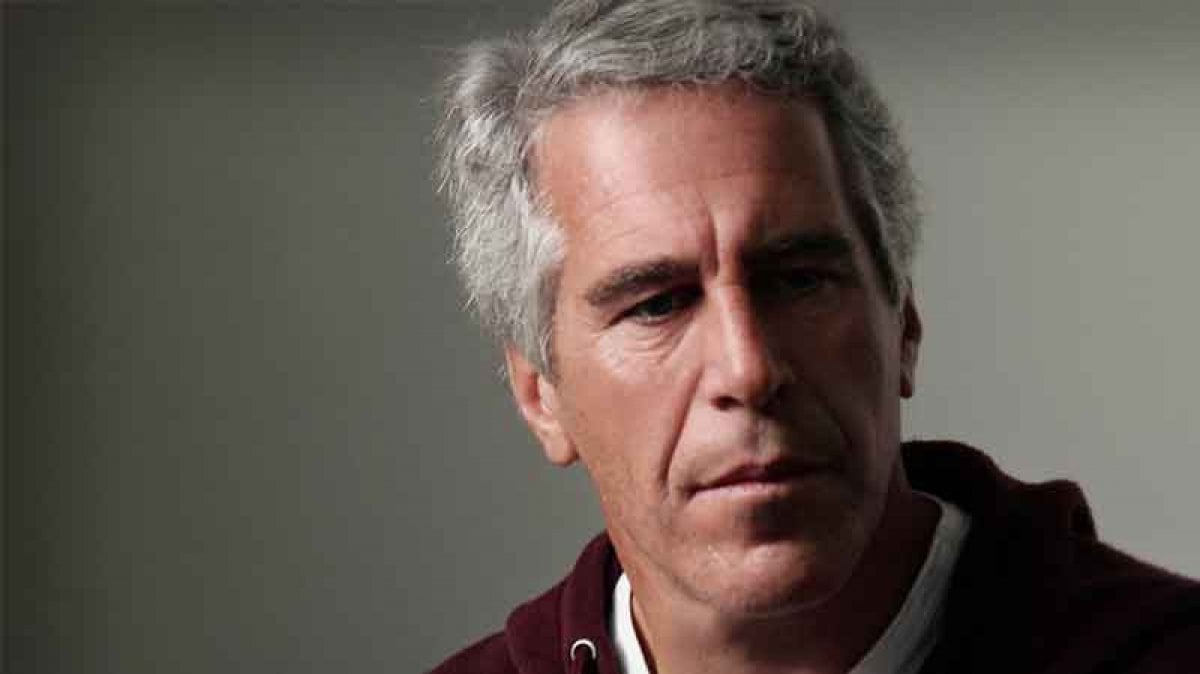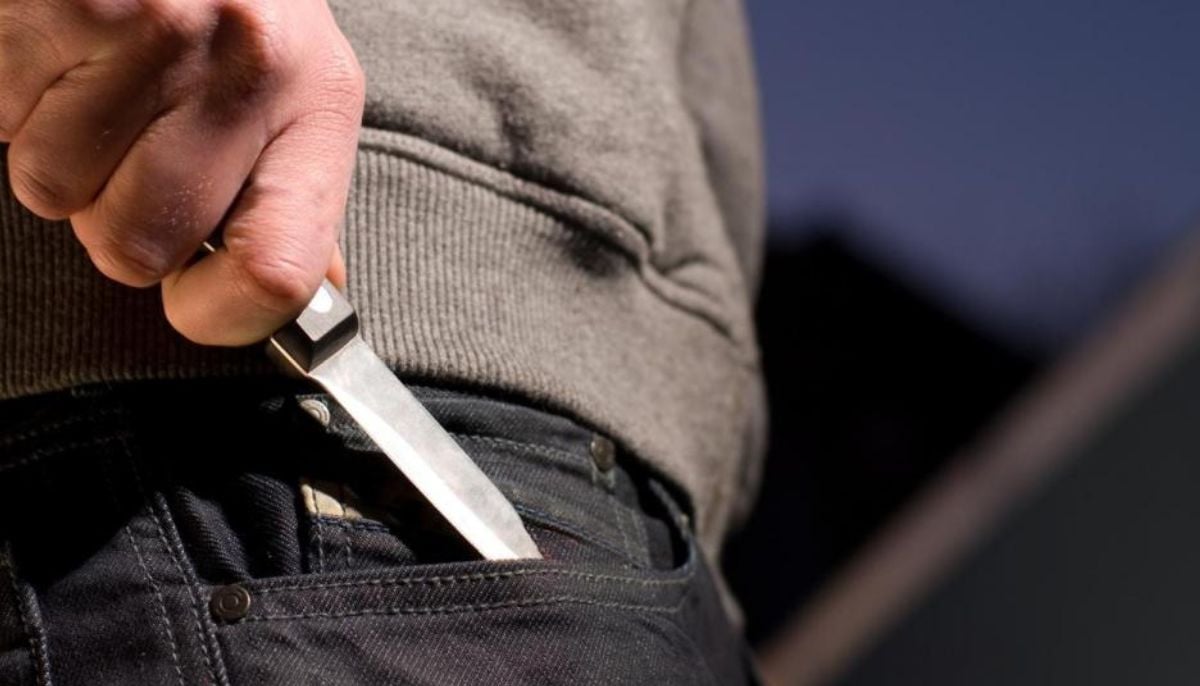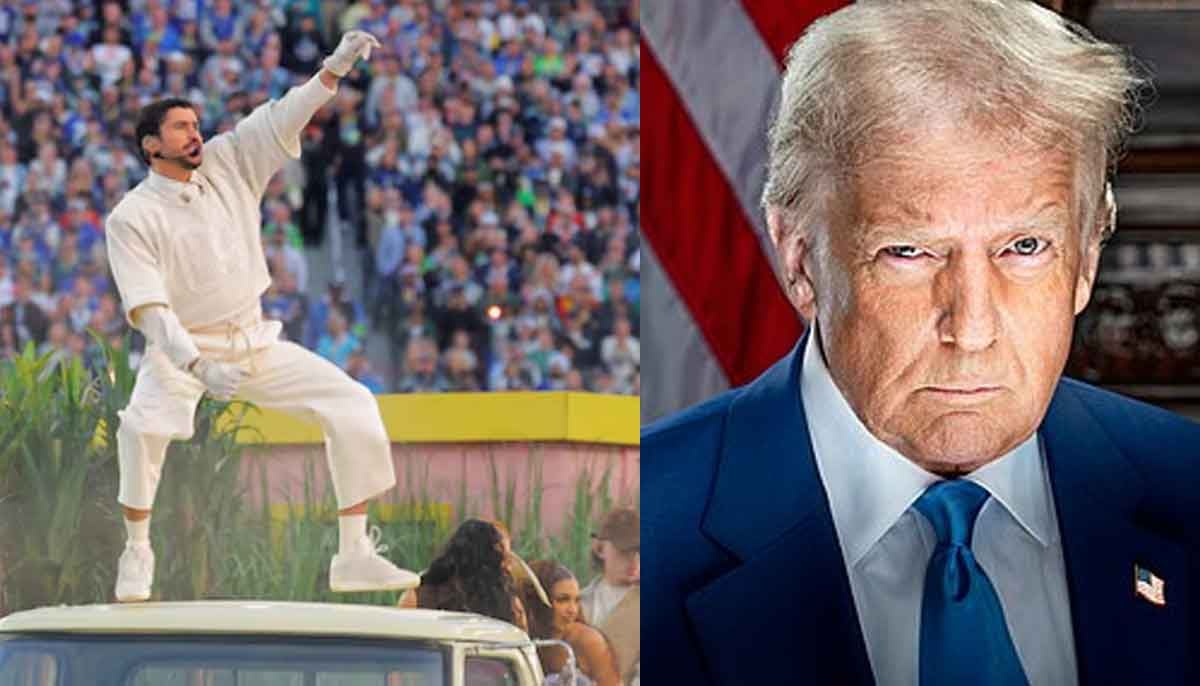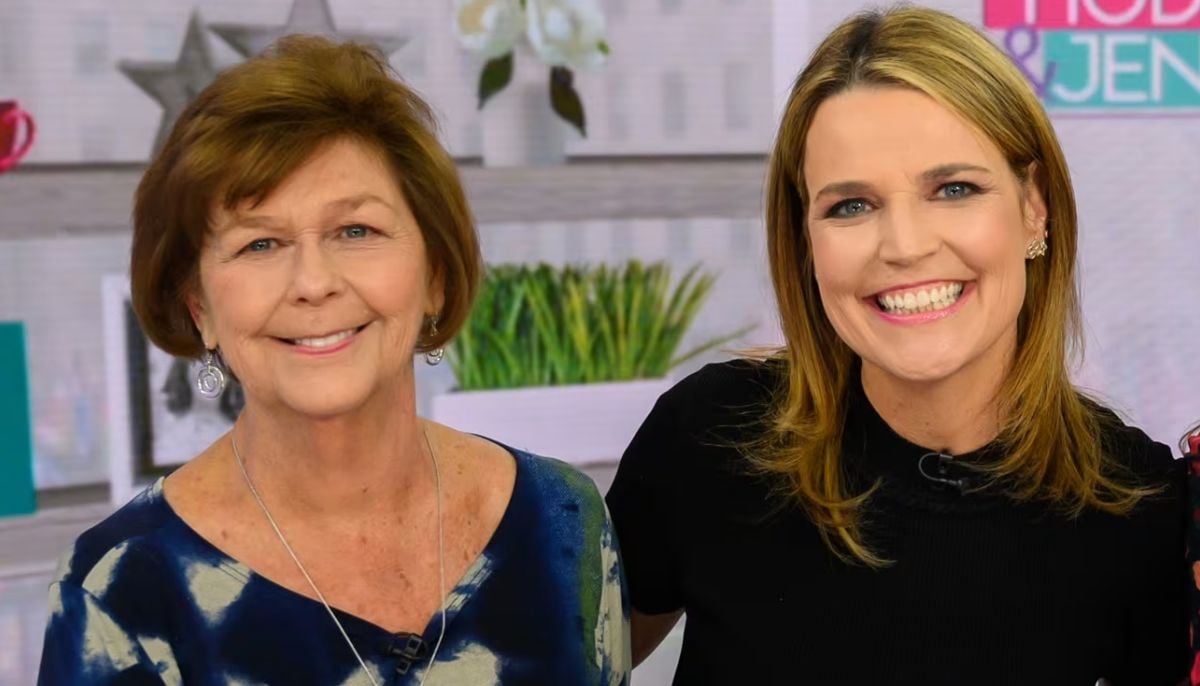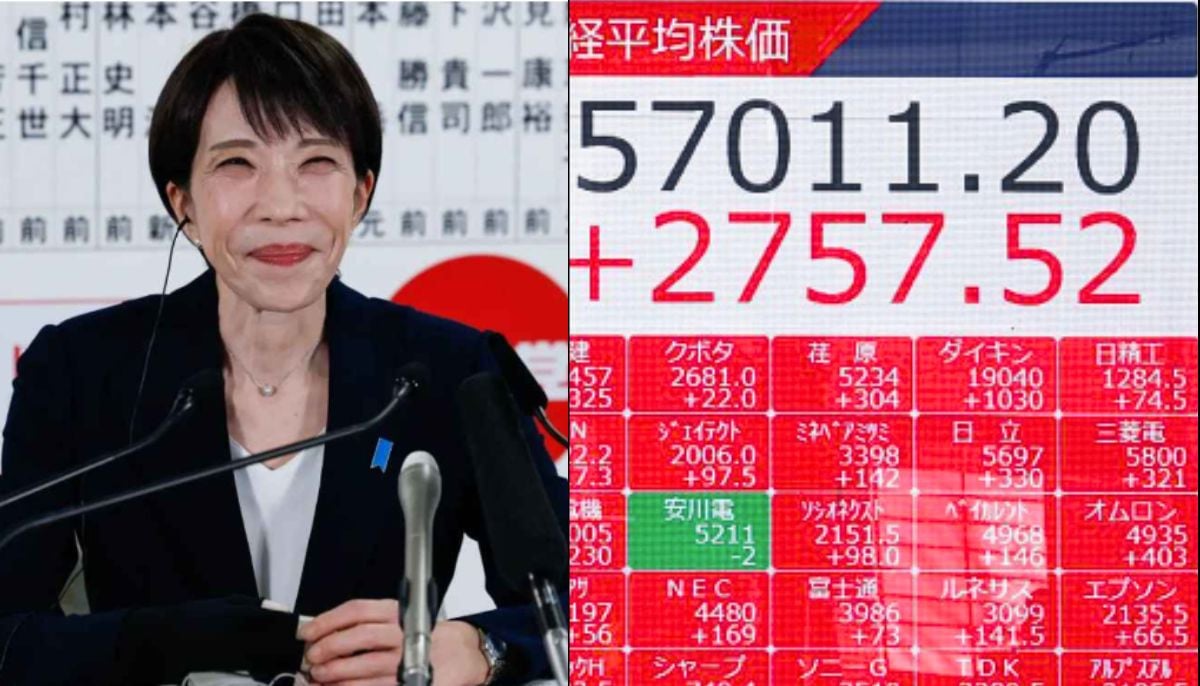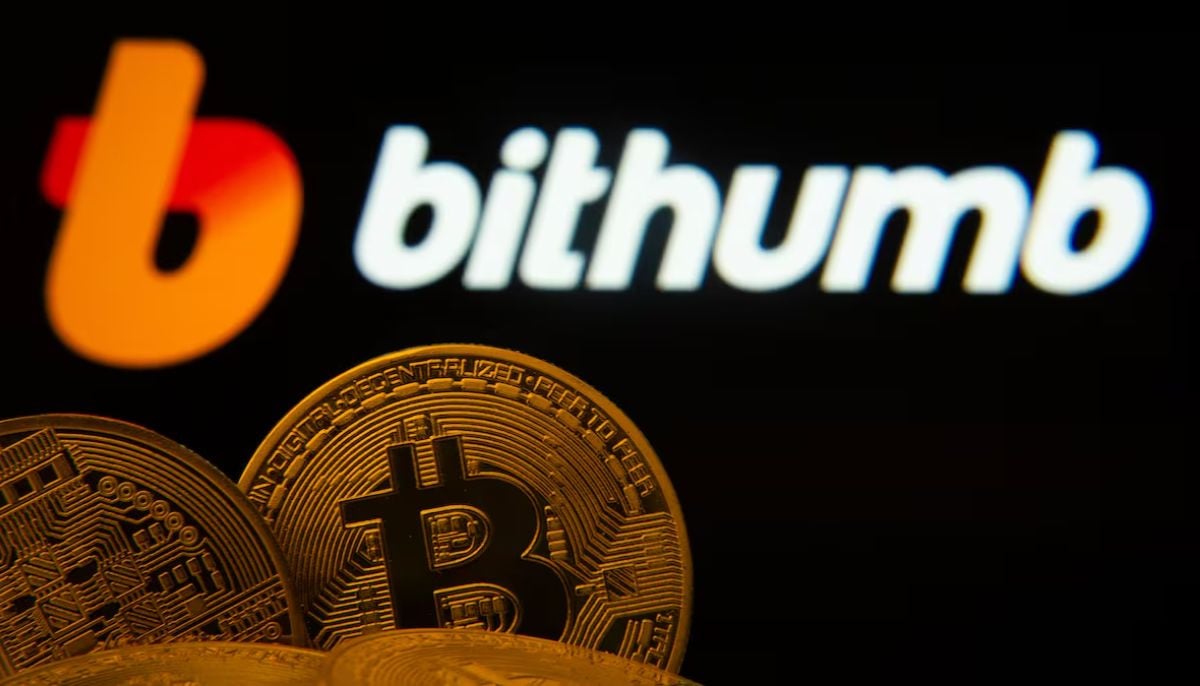Modi's BJP tables bill seeking to hold national, state polls simultaneously
If proposed legislation comes into effect, it would vastly extend world's already-largest democratic exercise
NEW DELHI: Indian Prime Minister Narendra Modi's Bharatiya Janata Party (BJP) tabled a bill on Tuesday seeking to hold national and state elections simultaneously.
If the proposed legislation comes into effect, it would vastly extend the world's already-largest democratic exercise.
Ruling BJP has said that the concurrent polls proposed by the "One Nation, One Election" bill would cut costs, but opposition parties condemned the move as a bid to bolster power.
Phased voting in general elections for the national parliament this year — when Modi won a third term — stretched over six weeks in a staggeringly complex logistical exercise for an electorate of 968 million.
Election officials travelled by foot, road, trains, helicopters, boats, and occasionally camels and elephants to set up polling stations in remote locations.
Currently voting for state assemblies — some with populations themselves bigger than most nations in the world — is staggered from the national vote.
The proposed bill "proposes aligning the election cycles" of the national parliament in New Delhi with state assemblies, India's justice ministry said in a statement on Tuesday.
"By synchronising these electoral timelines, the approach aims to address logistical challenges, reduce costs, and minimise disruptions caused by frequent elections."
"This would allow voters to cast their ballots for both tiers of government on the same day in their constituencies, though voting could still occur in phases across the country," it added.
Main opposition party Congress said on Tuesday it "firmly, totally, comprehensively" rejects the bill, with spokesperson Jairam Ramesh calling it "unconstitutional".
MK Stalin, chief minister of the southern state of Tamil Nadu, said the bill was "impractical" and would drive India "into the perils of a unitary form of governance, killing its diversity".
Meanwhile, the All India Trinamool Congress, which is in power in West Bengal state, claimed the bill was "nothing but a power grab disguised as electoral reform".
The sheer number of voters in the nation of 1.4 billion people means that every time India holds a national election, it marks the largest democratic exercise in history.
India includes 28 federal states, as well as eight "union territories" such as Indian Illegally Occupied Jammu and Kashmir (IIOJK) under central government control, many of which also have elected assemblies.
-
Ghislaine Maxwell will not answer Congress questions on Epstein
-
Kensington Palace announces Prince William's arrival in Saudi Arabia
-
Super Bowl 2026: Why didn't Epstein survivors ad air on TV?
-
Girl and grandfather attacked in knife assault outside Los Angeles home
-
Super Bowl halftime show 2026: What did Trump say about Bad Bunny?
-
Former NYPD detective says Nancy Guthrie's disappearance 'could be hoax'
-
Japan Elections: Stock surges record high as PM Sanae Takaichi secures historic victory
-
$44B sent by mistake: South Korea demands tougher crypto regulations
